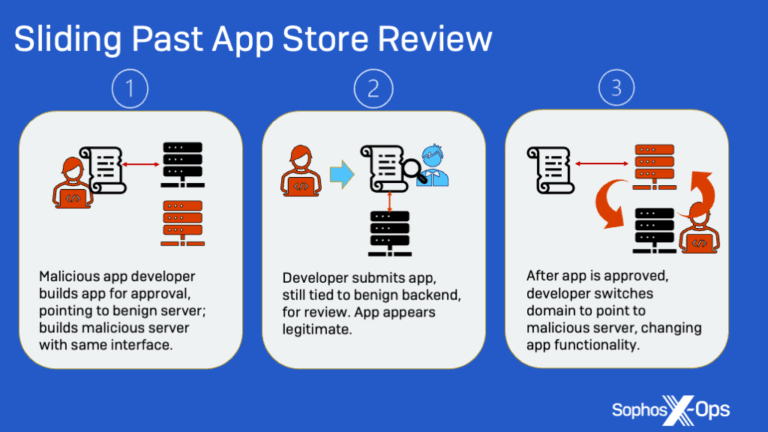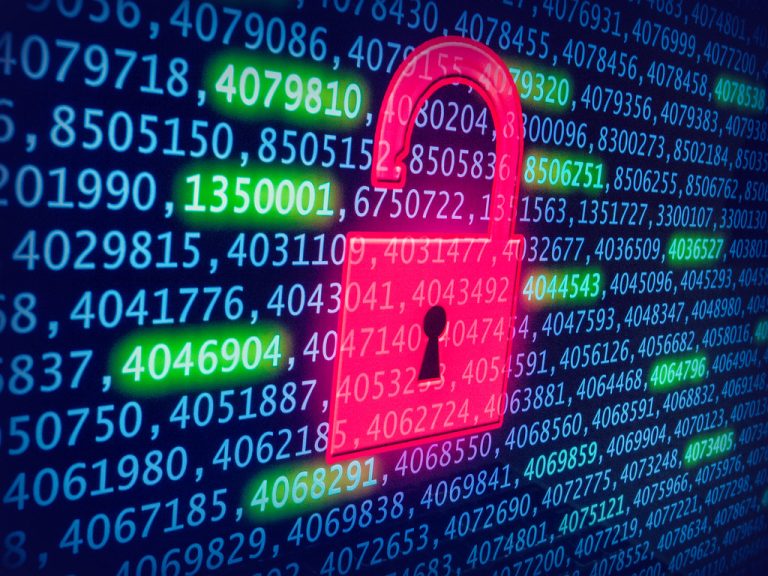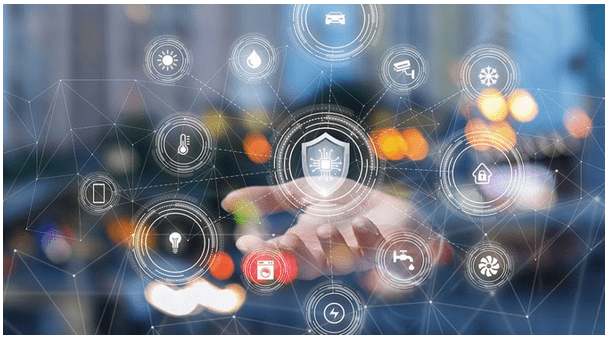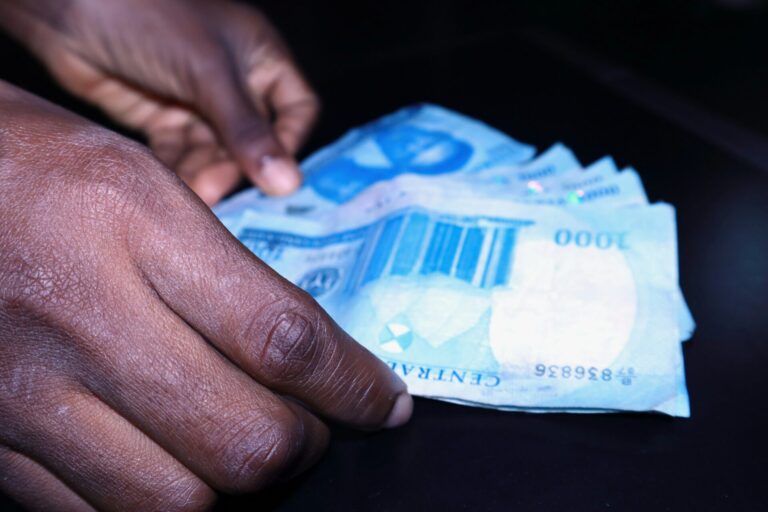Apple Launches Lockdown Mode To Prevent Spyware Attacks On Users In Danger

Apple has unveiled a new security mechanism designed to protect high-risk customers from cyberattacks such as malware.
Lockdown Mode will soon be available on all iPhones, iPads, and Macs produced by the company with the next operating system. The option limits call from unknown users and disable certain functions. It comes after spyware was discovered on Apple devices used by journalists, lawmakers, and activists.
Apple is currently suing Israeli spyware firm NSO Group, alleging that it used its powerful Pegasus spyware to target people in 150 different countries. The company’s software could infect both Android and iPhone devices, allowing users to extract emails, images, and messages, record phone conversations, and turn on microphones and cameras without being detected.
According to NSO Group, it only provides Pegasus to armed forces, law enforcement, and intelligence organizations from countries with a strong reputation for human rights respect. According to the company, its tools are intended to target terrorists and criminals.
When the scope of the suspected surveillance was made public in July, Apple came under fire from privacy and security experts.
It quickly distributed an urgent software update to all devices in order to plug the hole that Pegasus had been using covertly for years. The company is now introducing Lockdown Mode as a broader security feature that it claims can protect devices from all known malware.
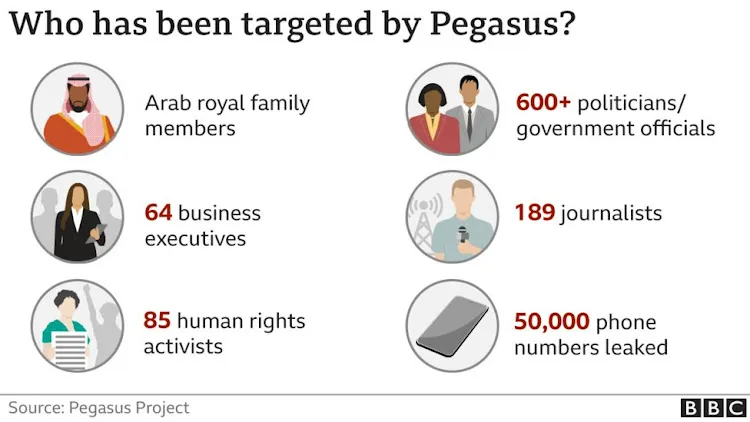
The following safeguards will be present during Lockdown Mode:
- Messages: All attachment kinds besides photos are restricted. Link previews are among the functions that are disabled.
Web surfing Unless a user excludes a reliable site, several sophisticated web features, such as just-in-time JavaScript compilation, are blocked. - Calls: If a user does not already have a call or request from the originator, incoming invites, including FaceTime calls, are prohibited.
- When the iPhone is locked, wired connections to a computer or device are prevented.
Lockdown Mode will be available in the device settings for all users at launch, but Apple advises against using it unless you are in particular danger from “mercenary spyware assaults,” such as a journalist or an opposition figure in an oppressive regime.
Apple’s head of security engineering and architecture, Ivan Krsti, stated:
“While the vast majority of users will never be the victims of highly targeted cyber-attacks, we will work tirelessly to protect the small number of users who are,” says the company.
Apple has announced that the reward for ethical hackers who discover security flaws in Lockdown Mode will be increased to $2 million (£1.7 million).
The US firm will also donate $10 million to a foundation that assists organizations in exposing improper spyware use.
“The global spyware trade targets human rights defenders, journalists, and dissidents facilitating violence reinforcing authoritarianism, and supporting political repression,” Lori McGlinchey, director of technology and society at the Ford Foundation, which will oversee the grant, said.
According to US officials who placed NSO Group on a trade blacklist in November, the software “allowed foreign governments to engage in translational repression, which is a practice of authoritarian countries targeting dissidents, journalists, and activists.” Furthermore, WhatsApp is suing NSO Group, alleging that the latter used the messaging platform to disseminate Pegasus.


